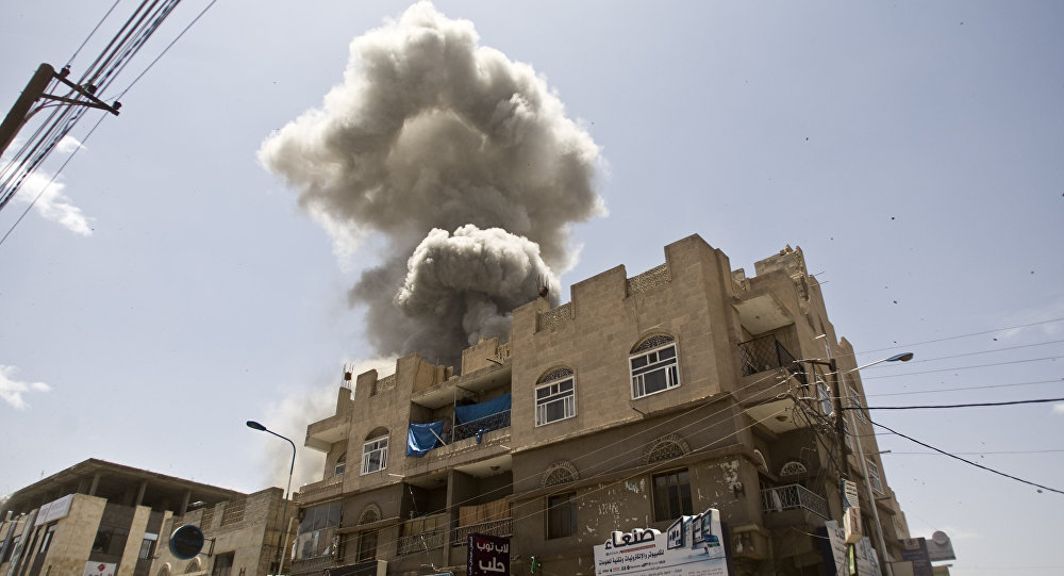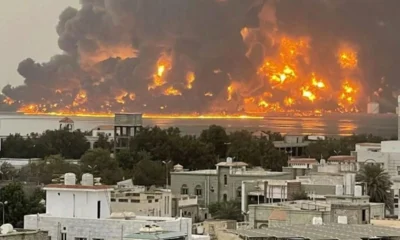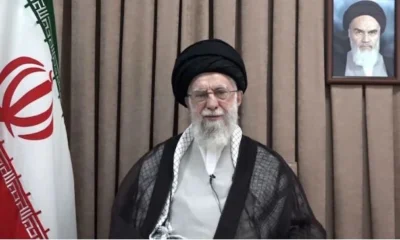Latest world news
UN criticise Saudi Arabia for human rights violations in Yemen

Latest world news
Bangladesh president Shahabuddin accuses Yunus of conspiracy to unseat him
Bangladesh President Mohammed Shahabuddin has accused former chief adviser Muhammad Yunus of attempting to unseat him unconstitutionally and destabilise the country during the interim period.
Latest world news
India studying implications after US Supreme Court strikes down Trump’s global tariffs
India said it is studying the implications of a US Supreme Court ruling that struck down Donald Trump’s sweeping tariffs, even as a new 10% global duty has been announced under an alternate law.
Latest world news
PM Modi meets Sri Lankan President Dissanayake at AI summit, reviews connectivity agenda
PM Modi and Sri Lankan President Anura Kumara Dissanayake reviewed connectivity, AI cooperation and regional stability during talks at the AI Impact Summit in New Delhi.
-

 LATEST SPORTS NEWS18 hours ago
LATEST SPORTS NEWS18 hours agoICC Men’s T20 World Cup 2026: South Africa outclass India with smart slower-ball strategy in Super 8
-

 India News18 hours ago
India News18 hours agoDevendra Fadnavis seeks CBI probe into Ajit Pawar plane crash
-

 India News17 hours ago
India News17 hours agoJNU protest turns violent as Left and Right student groups trade charges
-

 India News18 hours ago
India News18 hours agoWorld praised India’s AI potential at AI Impact Summit, says PM Modi
-

 Latest world news12 hours ago
Latest world news12 hours agoBangladesh president Shahabuddin accuses Yunus of conspiracy to unseat him
-

 India News10 hours ago
India News10 hours agoSecurity tightened across Delhi metro stations after bomb threat emails

















